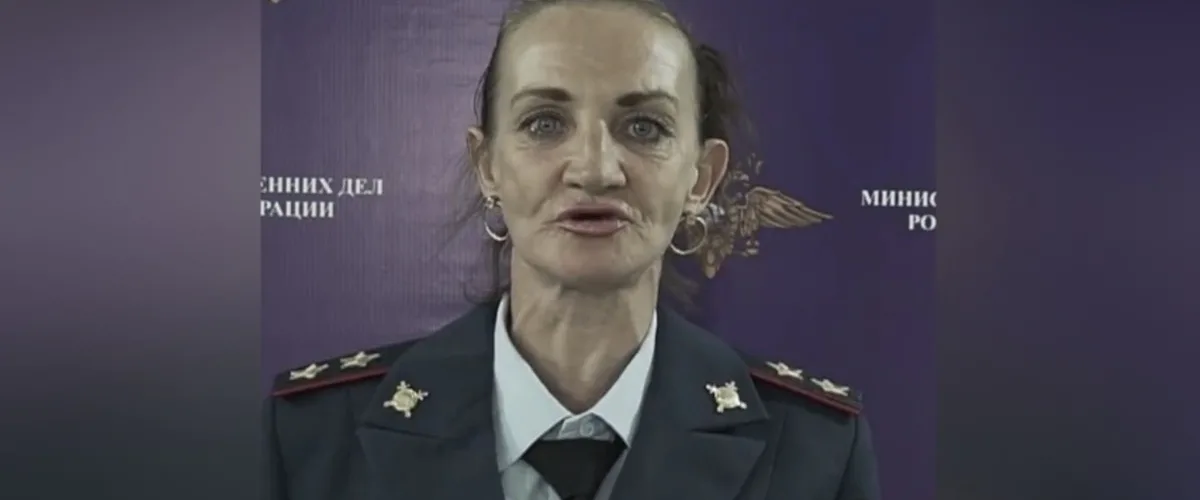If Russian comedians think the authorities don’t share their sense of humor, perhaps they can be forgiven: evidence supporting such suspicions is mounting.
In recent months and years, several stand-up comics and other performers have faced prosecution.
Last summer, Aleksandr Dolgopolov fled Russia after he was threatened with criminal charges over a joke he made about President Vladimir Putin. And last month, the Interior Ministry banned comic Idrak Mirzalizade from the country for life after he made fun of habits he suggested many Russians share, though a court later suspended the ban.
The latest episode in this crackdown appears to be taking place in the Primorye region of Russia’s Far East, thousands of kilometers from Moscow and the epicenter of its stand-up scene.
This week, a court in Ussuriisk, north of the regional capital, Vladivostok, sentenced two local actors to short jail stints because of their appearances in an online comedy sketch ribbing local officials and the ruling United Russia party.
The show in question is a series of comedy sketches featuring Vitaly Nalivkin, a fictional official who brutishly harangues corrupt subordinates, fights forest fires, and trumpets various made-up draconic initiatives in Ussuriisk and surrounding areas, like forced vaccination at gunpoint.
The show often alludes to actual Russian government policy, not always in a flattering way.
On September 21, the actor who plays Nalivkin, Andrei Neretin, was jailed for two days on charges of “disrespecting society” after he allegedly cursed in a public place. Neretin was ultimately fined 500 rubles ($7).
Two days later, an actress on the show was sentenced to 10 days in jail and fined 1,000 rubles ($14) for wearing a police uniform on set without official permission, a violation of Russian law. Larisa Krivonosova, 43, had played the role of Marina Vulf, a fictional Interior Ministry spokeswoman who local media report was a parody of real-life spokeswoman Irina Volk.
The series has been airing online for more than two years and is wildly popular, with many episodes posted to YouTube gathering upwards of 2 million views.
But coming in the wake of a major crackdown on dissent in Russia, which was stepped up in the weeks before parliamentary and local elections on September 17-19, it has clearly ruffled some feathers. The plot of its latest installment may give a clue as to why.
In the episode, which has more than 700,000 views on YouTube, Nalivkin uses a rocket launcher in a bungled attempt to neutralize a hidden bomb that turns out to be a bag of carrots.
In the process he destroys a banner promoting United Russia and replaces it with another — which has an uncanny resemblance to a famous photo of Putin in which he sits in an armchair with his hands splayed, posing for a cover photograph for U.S. publication Time.
Intimidation of comedians is not a new thing in Russia. During Putin’s first term as president, between 2000 and 2004, the popular TV satire Kukly (Puppets) was removed from the air amid reports that Putin — whom it parodied, among other officials — had taken personal offense at his depiction.
Exiting the Ussuriisk courthouse on September 23, Krivonosova told a local news site that she had previously had “certain run-ins with law enforcement.” But she made no bones about what she suggested was the political nature of her jailing and fine.
“Clearly someone wasn’t happy about my career trajectory,” she said. “Stars are made not in days, but in seconds.”


















